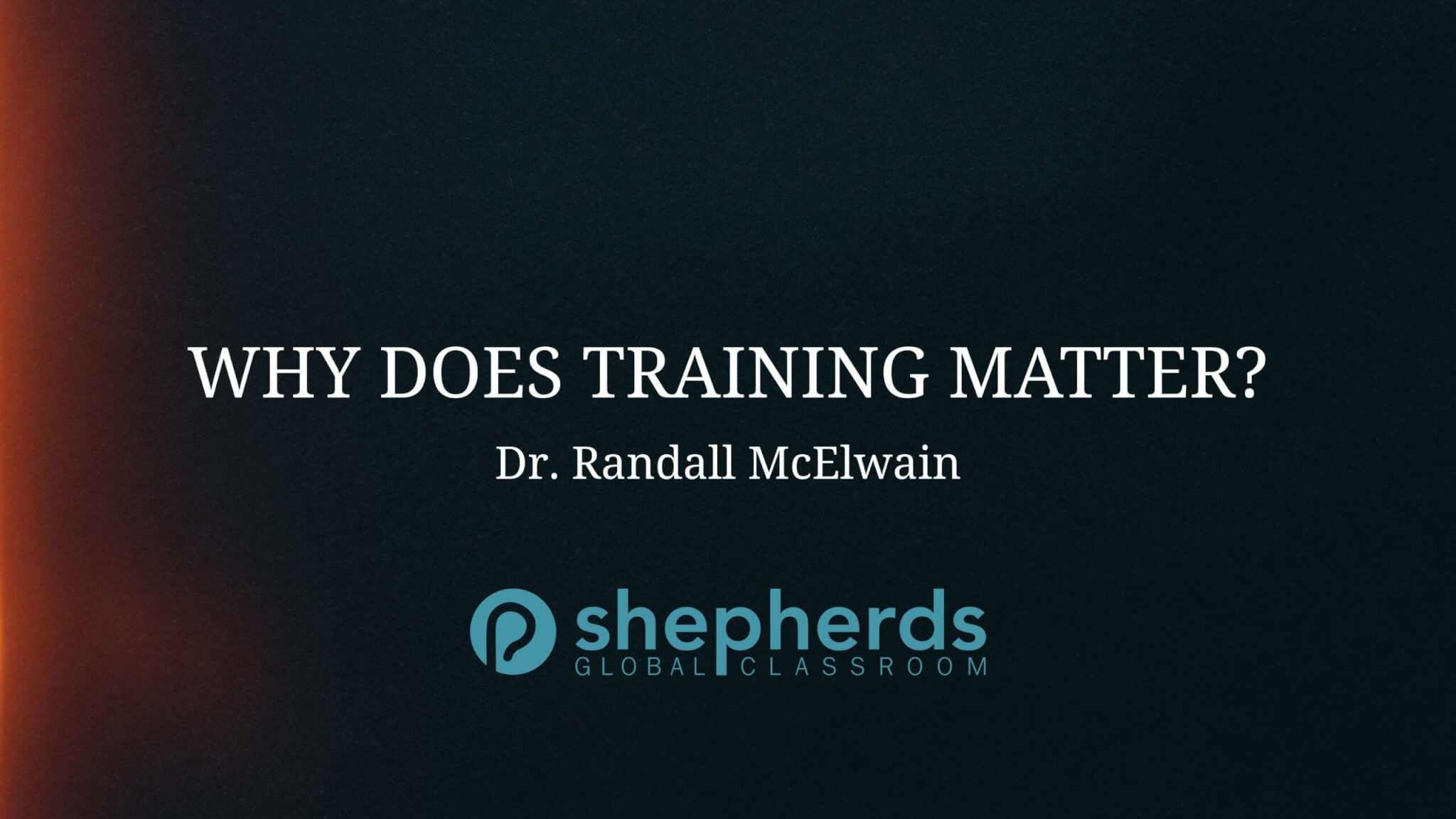Here is a principle every Christian leader should take to heart: “If the iron is blunt, and one does not sharpen the edge, he must use more strength, but wisdom helps one to succeed” (Ecclesiastes 10:10, ESV).
Each swing is more efficient, effective, and productive when the tool is sharp. But a dull tool requires more strength, leads to greater exhaustion, and makes one far less efficient and less productive.
There are so many ways to apply this wisdom:
- A mind sharpened by God’s word will serve us well. It will help us search out the deep things of God, enable us to think our way through complex problems, cause us to make better decisions, and yield peace of mind. But a dull, lazy mind cannot dig! It cannot be discovered. It cannot assimilate. It cannot be created. And its dullness leads to fear, anxiety, and weariness.
- Someone who prepares through careful study, thorough meditation, fervent prayer, and thoughtful articulation will be more naturally and easily delivered with an economy of words. It will convince the mind and penetrate the heart. But the careless handling of God’s word and a lack of preparation exhaust both the speaker and the congregation.
- Spiritual gifts diligently honed and confidently exercised lead to spiritual maturity and improve one’s spiritual community. But gifts and talents squandered and undeveloped lead to personal and congregational impoverishment.
- A body brought under discipline, whose appetites have been made to obey, will lead to a more efficient life and more productive, focused, satisfying service. But a person controlled by their appetites will not thrive in life or service.
William Barclay, commenting on the undisciplined life of Samuel Taylor Coleridge, wrote:
“Coleridge is the supreme tragedy of indiscipline. Never did so great a mind produce so little. He left Cambridge University to join the army; he left the army because he could not rub down a horse; he returned to Oxford and left without a degree. He began a paper called The Watchman, which lived for ten numbers and then died. It has been said of him: “He lost himself in visions of work to be done, that always remained to be done.
Coleridge had every poetic gift but one–the gift of sustained and concentrated effort.” In his head and in his mind, he had all kinds of books, as he said, himself, “completed save for transcription. I am on the eve,” he says, “of sending to the press two octavo volumes.” But the books were never composed outside Coleridge’s mind, because he would not face the discipline of sitting down to write them out. No one ever reached any eminence, and no one having reached it ever maintained it, without discipline.’
“Coleridge was living proof that a man or woman may multitalented, possess enormous intelligence and remarkable communicative gifts, and yet end up squandering it all….” (Gordon MacDonald, Ordering Your Private World, p.63-64).
Prayer
Father of Jesus, let us steward well the gifts, the talents, and the opportunities you have given to us. And let us develop them for your glory, for our enjoyment of life, and for the good of your people. In Jesus’ name, Amen.





